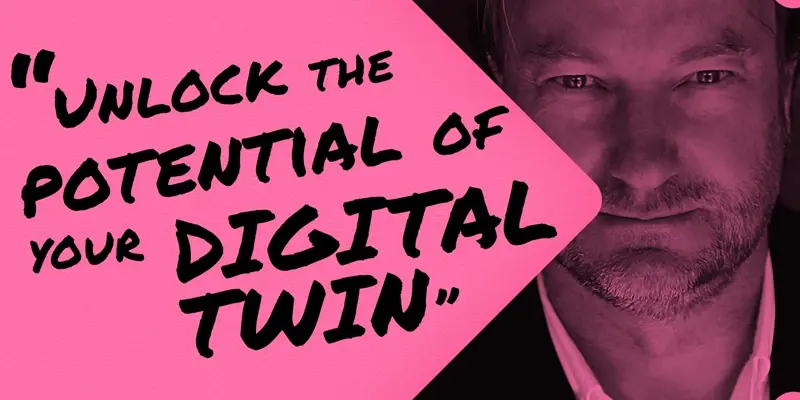The Hunch Podcast: Carl Wocke
Unlock the potential of your digital twin

How can your skills and expertise be harnessed and taken further and faster while earning more money? Carl Wocke of Merlynn describes how AI-powered Digital Twins will impact work and society and considers the ethical and regulatory questions that will need to be answered.

